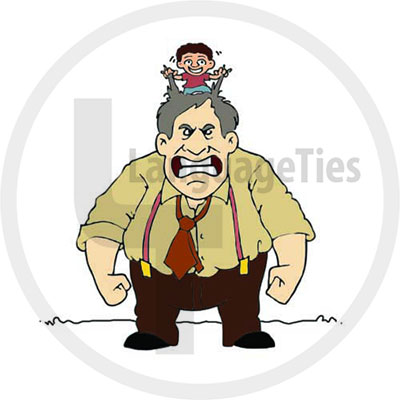stylish
of a high quality in appearance, design, or behaviour
The film's direction is subtle and stylish.
Oxford Essential Dictionary
stylish
adjective
fashionable and attractive:
Jane's very stylish.
Longman Dictionary of Contemporary English
stylish
styl‧ish AC /ˈstaɪlɪʃ/ BrE AmE adjective
[Word Family: noun: ↑style, ↑styling, ↑stylishness, ↑stylist, ↑stylistics, ↑stylization; adjective: ↑stylish, ↑stylistic, ↑stylized; adverb: ↑stylishly, ↑stylistically; verb: ↑style]
attractive in a fashionable way:
a stylish woman in her forties
Jack is quite stylish.
a stylish restaurant in the West End
—stylishly adverb
—stylishness noun [uncountable]
• • •
THESAURUS
▪ fashionable popular at a particular time: fashionable clothes | It was fashionable to have red hair. | His theories were fashionable in the 1980s.
▪ trendy informal modern and fashionable – often used in a slightly disapproving or joking way: a trendy tie | a trendy restaurant | The area has become very trendy and a lot of artists live there.
▪ stylish adjective fashionable and well-designed in an attractive way: She was wearing a stylish two-piece suit. | The furniture looked very stylish and modern.
▪ cool adjective informal fashionable – used especially when you think someone or something looks good: Michael looked very cool in his dark jacket and sunglasses. | a cool shirt
▪ happening [only before noun] informal adjective a happening place is fashionable and lively: London has always been a happening place.
▪ be in fashion verb phrase to be fashionable at a particular time: The Sixties look is back in fashion.
▪ in adjective informal fashionable at a particular time. In is not used before a noun, except in the phrases below: Pale colours are in. | New York was the in place to be. | Yoga has become the in thing to do.
Oxford Advanced Learner's Dictionary
stylish
styl·ish AW [stylish stylishly stylishness] [ˈstaɪlɪʃ] [ˈstaɪlɪʃ] adjective (approving)
fashionable; elegant and attractive
Syn: classy
• his stylish wife
• a stylish restaurant
• It was a stylish performance by both artists.
Derived Words: stylishly ▪ stylishness
Cambridge Advanced Learner's Dictionary
Cambridge Advanced Learner's Dictionary - 4th Edition
stylish / ˈstaɪ.lɪʃ / adjective approving
B1 of a high quality in appearance, design, or behaviour:
The film's direction is subtle and stylish.
Collins COBUILD Advanced Learner’s English Dictionary
stylish
[sta͟ɪlɪʃ]
ADJ-GRADED
Someone or something that is stylish is smart, elegant, and fashionable.
...a very attractive and very stylish woman of 27.
...a varied choice of stylish designs.
Syn:
fashionable
Derived words:
stylishly ADV-GRADED ...stylishly dressed middle-aged women.
stylishness N-UNCOUNT ...a thoroughly modern Italian stylishness.
Merriam-Webster's Advanced Learner's Dictionary
stylish
styl·ish /ˈstaɪlɪʃ/ adj [more ~; most ~] : following the popular style : fashionable
• She wears stylish clothes. = She's a stylish dresser.
• a stylish apartment/house


